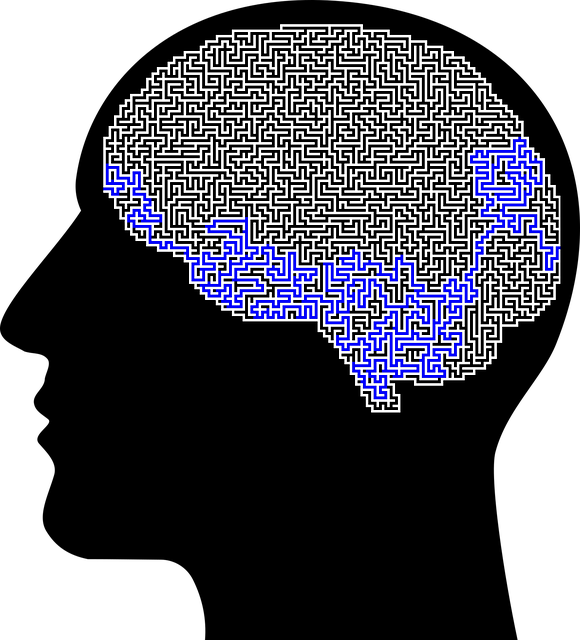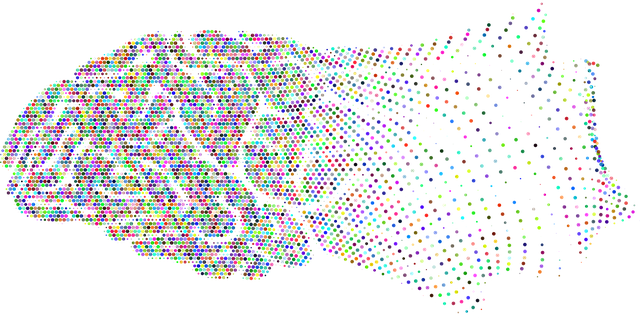The media's portrayal of mental health is at a critical turning point, influencing societal understanding. While destigmatization efforts exist, many depictions in mainstream media perpetuate stereotypes about mental illness. There's a pressing need for authentic, diverse representation, including stories about older adults, ethnic minorities, and LGBTQ+ communities. Strategies like Mindfulness Meditation practices and Mental Wellness Podcast Series can offer personal narratives and expert insights, revolutionizing media with accurate, compassionate portrayals of mental health, particularly Therapy for Elders and addressing Gender Identity concerns. Realistic narratives and crisis resources empower viewers, encouraging open conversations about mental wellness and improving access to care.
In today’s media landscape, accurate representation of mental illness is crucial for fostering understanding and reducing stigma. This article explores the current state of mental health portrayal in media, focusing on challenges and opportunities. We delve into targeted strategies promoting diverse and accurate elder and gender identity representations. Additionally, we highlight the transformative power of therapy in empowering elders to engage with media that reflects their experiences and corrects misperceptions. By addressing these aspects, we aim to revolutionize media’s approach to mental illness.
- Understanding the Current State: Mental Illness Portrayal in Media
- Targeted Strategies: Promoting Accurate Elder and Gender Identity Representation
- The Role of Therapy: Empowering Elders with Corrective Representations in Media Consumption
Understanding the Current State: Mental Illness Portrayal in Media

The media plays a significant role in shaping societal perceptions and understanding of mental health issues. Currently, representation of mental illness in popular media is at a crossroads. While some efforts have been made to destigmatize mental disorders and promote empathy, many portrayals still fall short, perpetuating harmful stereotypes and misconceptions. The on-screen portrayal of mental illnesses often remains superficial, focusing on dramatic symptoms without exploring the nuances and complexities that come with these conditions. This is particularly evident in mainstream media, where stories tend to center around young adults or children, neglecting the experiences of older adults who face unique challenges related to age and cognitive decline.
Moreover, gender identity remains a largely overlooked aspect in mental illness narratives. The diversity within the LGBTQ+ community and their specific struggles are often marginalized, leaving many viewers with an incomplete understanding of the intersection between mental health and gender. In light of these shortcomings, there is a growing need for authentic and diverse representation. Incorporating stories that highlight the experiences of elders, individuals from different ethnic backgrounds, and those who identify as part of the LGBTQ+ community can foster self-awareness exercises and encourage open conversations about mental wellness. Initiatives such as Mindfulness Meditation practices and production of Mental Wellness Podcast Series can contribute to this shift by offering platforms for personal narratives and expert insights, thereby enriching the media landscape with more accurate and compassionate portrayals of mental illness.
Targeted Strategies: Promoting Accurate Elder and Gender Identity Representation

In addressing mental illness representation in media, targeted strategies are essential to promote accurate and inclusive portrayals, especially regarding elder and gender identity. The media has a significant impact on shaping public perception, and it’s crucial to challenge stereotypes often associated with older adults’ mental health and diverse gender identities. By incorporating realistic and nuanced representations, the industry can foster better understanding and empathy among viewers. This shift can encourage open conversations about mental wellness and inspire individuals to seek appropriate therapy for elders or support systems for exploring gender identity.
Promoting Mental Health Awareness through media requires dedicated efforts to include diverse narratives. Providing mental wellness journaling exercise guidance within these stories can empower viewers, especially those dealing with similar struggles. Moreover, offering crisis intervention guidance in entertainment platforms can be life-saving, ensuring that audiences have access to relevant resources when facing mental health challenges depicted on screen. These strategies not only enhance storytelling but also contribute to a broader understanding of mental illness, ultimately improving the quality of care and support available to individuals seeking therapy for elders or gender identity concerns.
The Role of Therapy: Empowering Elders with Corrective Representations in Media Consumption

The media plays a significant role in shaping societal perceptions about mental health, especially for vulnerable populations like elders. Traditional representations often depict older adults as stoic and invincible, ignoring the fact that they too can struggle with mental illness. This stereotype hinders their access to support and encourages undiagnosed and untreated conditions. Therapy emerges as a powerful tool to challenge these narratives. Through therapy, elders can explore and express their emotions freely, dispelling the notion of masculinity or gender identity as barriers to seeking help.
Corrective representation in media is crucial for fostering understanding and empathy among younger generations. By showcasing therapy as a safe space for emotional healing processes, regardless of gender identity, we send a message that mental illness is universal and treatable. Encouraging open conversations about trauma support services can also promote positive thinking and reduce the stigma surrounding mental health discussions, ultimately benefiting both younger and older generations.
Media representation plays a pivotal role in shaping societal perceptions, particularly regarding mental health. By challenging stereotypes and promoting accurate portrayals, we can foster a more inclusive environment. The strategies outlined, focusing on targeted representation, therapy integration, and elder empowerment, offer a comprehensive approach to enhancing media’s impact. Through these efforts, we can ensure that media becomes a powerful tool for education, empathy, and positive change in how mental illness is understood, especially regarding gender identity and therapy for elders.










